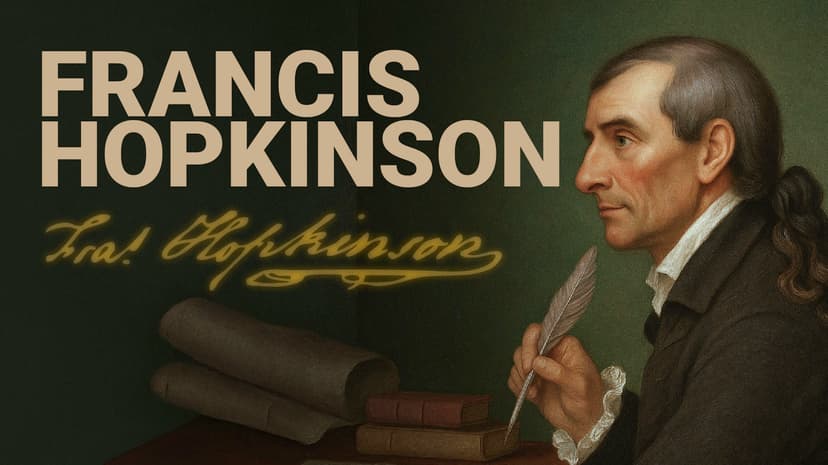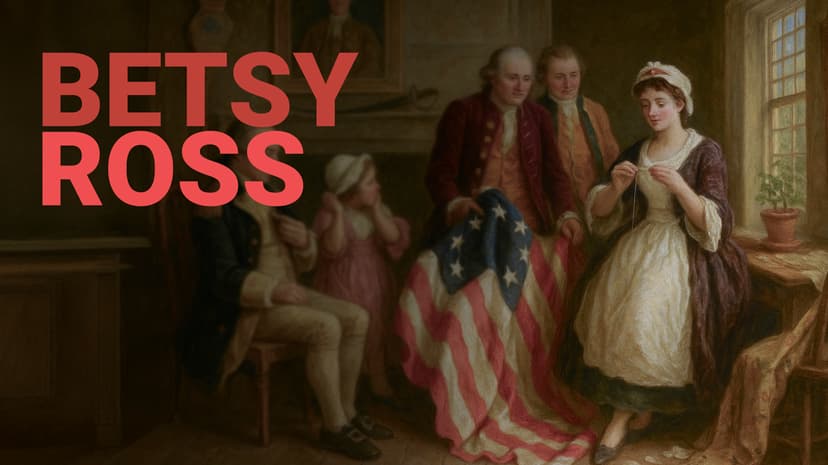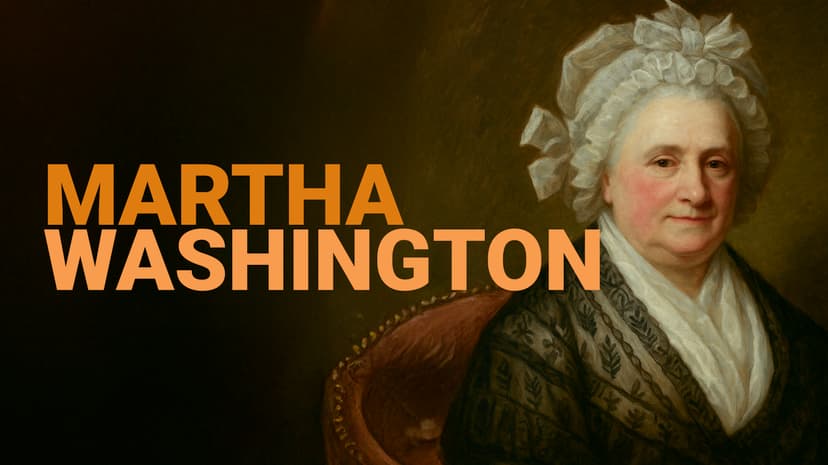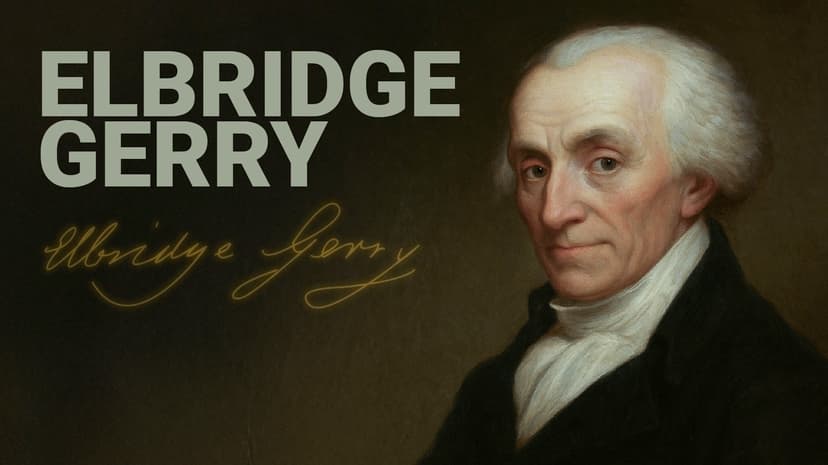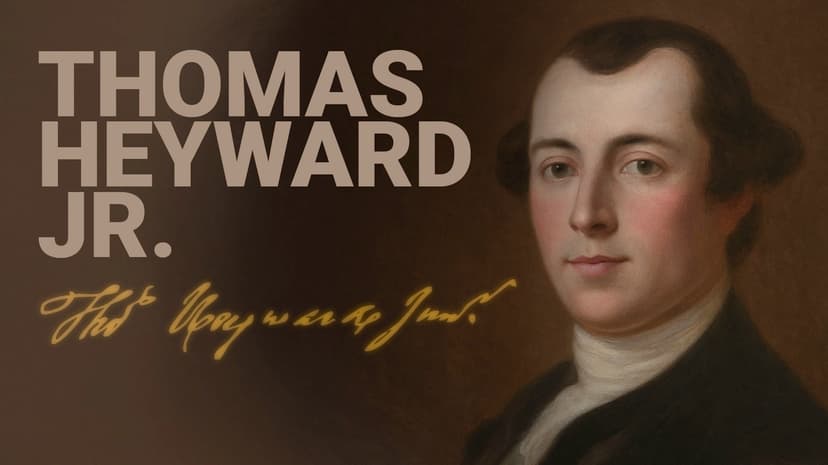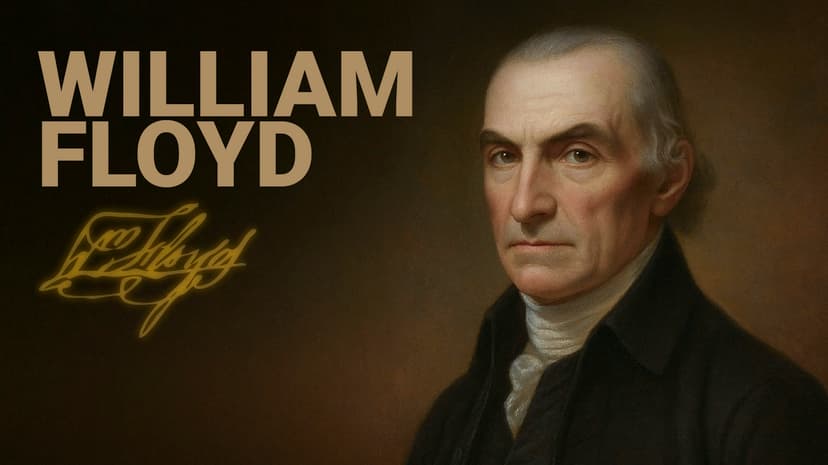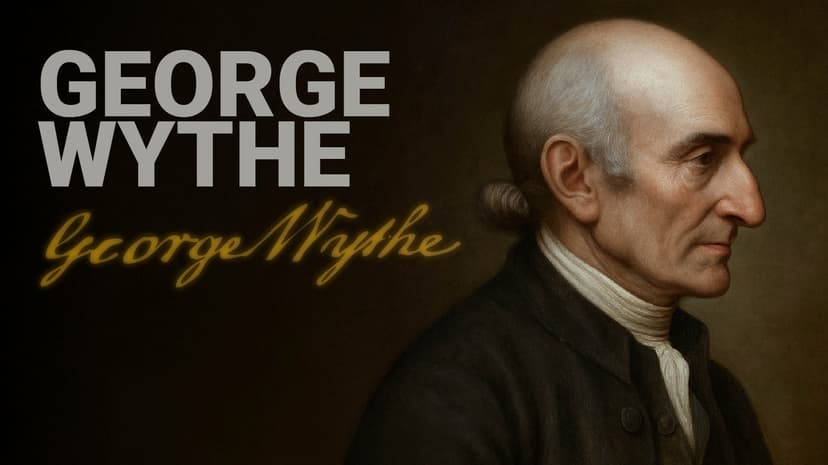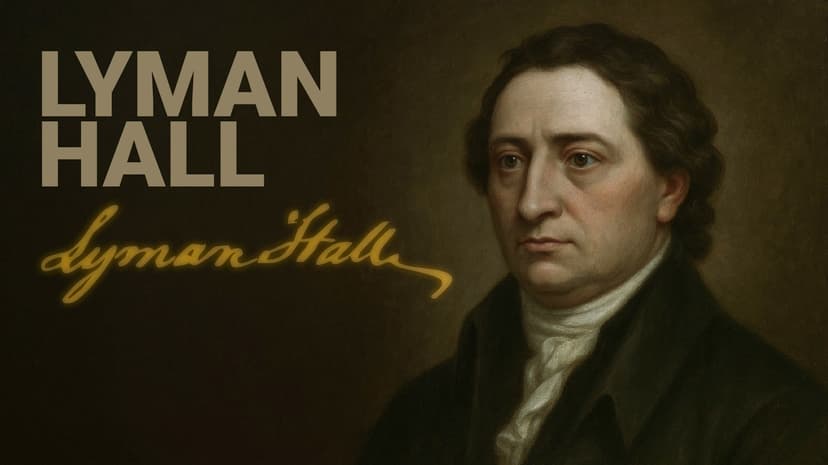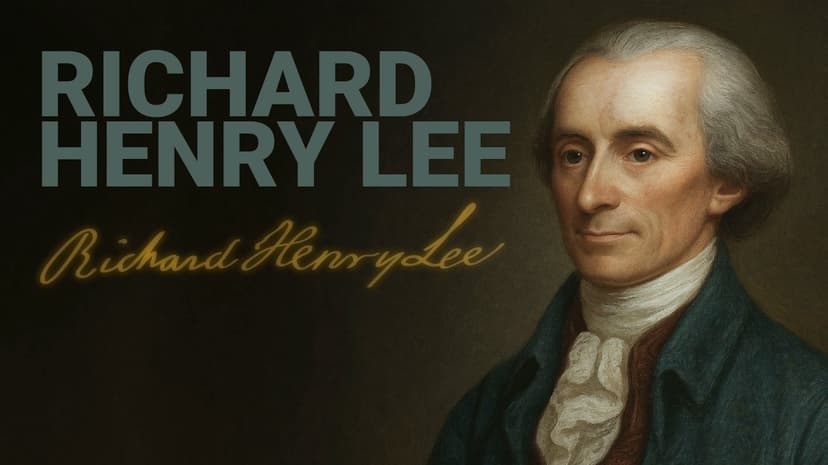Did this video impact you? Help us impact others!
Road to Liberty: Edward Rutledge
Jun 12, 2025
·Edward Rutledge, born in Charleston, South Carolina, was the youngest signer of the Declaration of Independence. The son of Dr. John Rutledge, an Irish immigrant and physician, and Sarah Hext, a wealthy South Carolinian, Rutledge grew up in an aristocratic family.
Rutledge studied law in England and was admitted to the English Bar in 1772 before returning to Charleston, where he established a thriving legal practice. In 1774, he married the sister of Arthur Middleton, a fellow signer of the Declaration of Independence.
Rutledge’s political career began in 1774 when, at the age of 24, he was elected to the first Continental Congress to represent South Carolina alongside his brother John.
Initially, Rutledge favored reconciliation with Britain. However, he ultimately supported the Declaration of Independence, reportedly persuading the South Carolina delegation to vote in the affirmative.
A proud American patriot, Rutledge served as a captain in the Charleston Artillery Battalion during the Revolutionary War. He was captured by the British during the 1780 Siege of Charleston and was imprisoned until a prisoner exchange in July 1781.
After the war, Rutledge returned home to South Carolina, serving in the state legislature from 1782-1798. Here Rutledge fought against opening the African slave trade and voted to ratify the U.S. Constitution.
Elected governor in 1798, Rutledge died in office at the age of 50.
